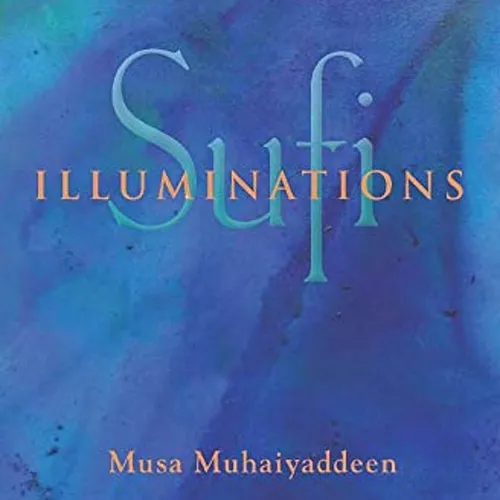#9 Self and Other
- Author
- Musa Muhaiyaddeen
- Published
- Fri 04 Dec 2020
- Episode Link
- http://www.thewitnesswithin.com
This is a path for lovers. The question though often is how does one become a lover? And how do you know whether you are in that state, or you are in some other state? Well, self love is the love that most of us know. The ego centric self and it’s total involvement with the self and the constant attempt to raise up and satisfy the desires of the self. But to be a lover is not so much about your interaction with yourself. It’s about your interaction with others, how you see others, how you approach others, how you deal with others, what your attitude is towards the other.
The point being that the other needs to become no different than the self and the attitude needs to become the same as the self. And in order to do this we need to understand a little bit how we view other people, how we see others, our reaction to others and the kind of attitudes we have towards other people.
It’s said that one bad quality can hide a thousand good qualities. It’s also said that one good quality can hide a thousand bad qualities. Now, the point is that most people in the world today are a combination of qualities, good and bad.
Out in the yard we have some grasses, some are green and some are what they call variegated, they have multiple colors, they have stripes of yellow and stripes of green running through them. The people in the world today are like that, they are variegated, they are a combination of good and bad. The question is what is it that we see? Do we see the good? Do we see the positive? Do we see the bad? The next question is, do we comment on it, especially with others? Do we talk about people? Do we spend an excessive amount of time talking about the bad qualities? Have we taken a snapshot of somebody while they are in the midst of an inappropriate comment or an inappropriate quality, and have we categorized them within that snapshot?
Now, when I was talking about attitudes, towards ourself we believe, for the most part, in free will. In other words, if we go through a series of time when our actions are inappropriate we recognize it, we think, well, we’ll change. We certainly have the opportunity to change, we’re given the opportunity to change. But we should notice our speech patterns, when we begin to describe others and we talk about their bad qualities.
We’ve given up on free will for others. For others we believe in predestination. We believe, this is who they are, this is who they’re destined to be, and this is their destiny and their fate, and we’ve spotted it. All of a sudden this ability for change, this ability for free will that we grant to ourselves, never mind who God grants it to, we don’t grant it to other people. We don’t grant it the same way that we grant it to ourselves. So when we think about what’s going on when we are interacting with other people, what is our attitude towards other people, what is the way that we see that and how do we categorize them differently than we categorize ourselves? And this is one of the supreme ways that we get involved with other people and don’t even realize what we are doing, because we don’t see others as we see ourselves. We don’t give unto others the same kind of breaks, attitudes, understandings that we give ourselves. We give ourselves the possibility to change, we don’t give others the possibility to change. We give ourselves the free will to alter the way things are going. We don’t give to others the free will to alter the way things are going for them.
